“My education and experience have been primarily in development and system design/architecture. The role I was hired into was solely management.” – Actual comment from an employee exiting a company.
While we use the interview process itself to help get to know a potential candidate, it also needs to serve as a way to identify whether the position is a good fit for the person, the responsibility of which falls on both the interviewee and interviewer. Did the candidate fully understand the job description as posted and as explained during the interview? Was the job posted with accurate information regarding job expectations? Did the interviewer restate the correct information either in-person or via phone conversation? Was the candidate chosen based on the education and experience matching the position? Thankfully, there are several ways to get the right information that will help ensure you hire the right employee for the job.
Tips for Hiring Employees with the Right Job Skills
Your business could have some of the smartest, most capable multi-taskers in the workforce, but if their job description doesn’t fit their unique skillset, you are missing out on their true potential – and they may be quickly losing motivation and drive. So, how do truly ensure you’ve got the right person?
Look for Career Commitment. Commitment can be easy to find just by looking at the candidate’s resume. Someone who frequently changes jobs or companies may strictly be looking for a higher salary or perceived better opportunity. A person who bounces around from job to job may be using your company as a stepping stone, not somewhere to invest his or her skills, meaning you will most likely lose them to the next thing that pops up on their radar.
Think about Company Compatibility. Job skills are undoubtedly important, but so is the current company culture. Introducing a new employee that doesn’t mesh well with the current team could disrupt productivity and result in great talent leaving your team or business. This includes all levels of employment, from entry-level to management. Everyone must have the ability to work well together as much as possible, but have the capability to communicate effectively with one another to discuss differing ideas.
Your Hiring Process can Always Use Improvement. Many companies get stuck in the same process, asking the same questions, reviewing the same qualifications, and more. If the hiring process does not evolve alongside the company, you will more than likely hire someone with capabilities, knowledge, and skills that aren’t quite up to what you require. Each open position must have a unique set of requirements accompanying the job description to ensure it goes to the right candidate. If you aren’t quite sure about what should be included, consult with others currently close to that position who may be able to assist.
Once employees are hired, you can also capture data during the on-boarding process with tools like our New Hire Feedback surveys. You’ll get real-time feedback on your particular recruiting, hiring, and on-boarding processes from those you’ve recently welcomed to the team, allowing you to streamline and adjust for future hires. Since the surveys are performed through us as a third-party system, your company is more likely to receive honest feedback as there is no fear of internal repercussions. Learning how you can better support and train your employees in their positions makes for a happier, more productive team within your company.
Another great way to improve your hiring process is to take advantage of data that can be collected during exit interviews. You can do these yourself, or receive the information much more efficiently by outsourcing the process with products like our ExitRight® surveys.
To learn more or schedule a demo, contact us today.



